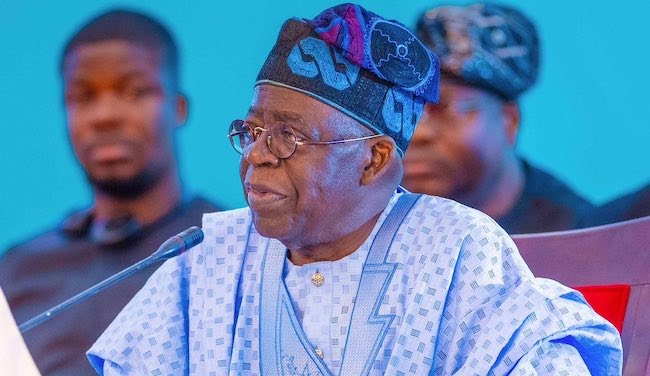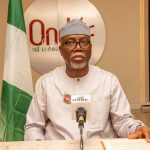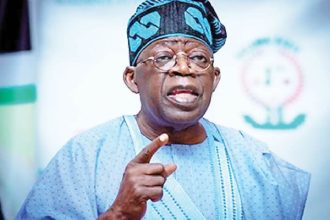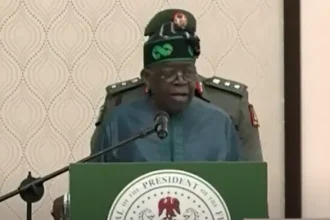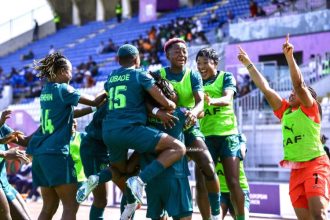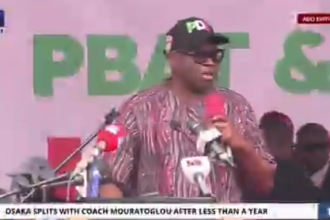Gombe State Governor Muhammadu Inuwa Yahaya, who also serves as Chairman of the Northern States Governors Forum, has reiterated the region’s strong support for President Bola Ahmed Tinubu’s administration, pointing to significant progress in infrastructure development, security improvements, and economic reforms.
Speaking at the opening of a two-day interactive session organized by the Ahmadu Bello Memorial Foundation in Kaduna, Governor Yahaya emphasized that the event—titled “Assessing Electoral Promises: Fostering Government-Citizen Engagement for National Unity”—was a crucial step toward strengthening democratic accountability.
The governor, who delivered the opening remarks, stressed that the gathering was not merely about rhetoric but an opportunity to critically assess the federal government’s performance in fulfilling its 2023 campaign promises.
“When candidate Bola Ahmed Tinubu stood before us, he made specific commitments to Northern Nigeria. The North believed in his vision and delivered over 60% of the votes that brought him to power,” Yahaya stated.
He highlighted several ongoing projects as evidence of the administration’s commitment to the region, including: The Abuja-Kaduna-Kano Expressway; The Kano-Katsina-Maradi rail line; The rehabilitation of the Kaduna Refinery; The Abuja-Kaduna-Kano Gas Pipeline; Continued oil drilling at the Kolmani Oil Fields.
“These projects are proof that when citizens engage and leaders remain committed, democracy works. The renewed hope agenda is beginning to yield tangible results,” the governor added.
Yahaya also outlined emerging infrastructure initiatives such as the proposed Sokoto-Badagry Superhighway, improvements in inter-state road networks, agricultural value chain programs, and healthcare upgrades, all of which he said reflect a deliberate policy focus on uplifting the North’s economic and social conditions.
On security, the governor reported notable successes, including the elimination of over 300 bandit and terrorist commanders in recent months through enhanced military coordination and intelligence operations.
“While challenges remain, the siege on our people is being lifted,” he asserted.
He praised the creation of the Ministry of Livestock Development as a strategic move to modernize the pastoral economy and resolve long-standing herder-farmer conflicts. Additionally, he commended federal interventions in youth empowerment and education, particularly grants and renewed efforts to address the Almajiri and out-of-school children crisis through partnerships with state governments and traditional institutions.
Addressing economic reforms such as fuel subsidy removal and exchange rate liberalization, Yahaya acknowledged the resulting hardships but defended the policies as “painful but necessary steps” toward long-term economic stability.
To sustain these gains, he called on all northern stakeholders—governors, traditional rulers, religious leaders, business figures, and civil society—to complement federal efforts with robust local initiatives in infrastructure, education, and social development.
He urged a fair evaluation of the administration’s performance ahead of the 2027 elections, declaring, “By the measure of performance and delivery, President Tinubu has earned our continued support.”
Invoking the legacy of Sir Ahmadu Bello, the late Premier of Northern Nigeria, Governor Yahaya emphasized the enduring importance of unity between the North and other regions, particularly the Southwest. “Our alliance is not just political arithmetic—it is a stabilizing force for national cohesion.”
Concluding his remarks, the governor stressed the need for sustained dialogue between government and citizens. “Democracy thrives in the spaces we create for honest conversation. When citizens and government work together as true partners, there is no challenge we cannot overcome.”
The interactive session attracted participants from across northern Nigeria, including civil society representatives, traditional rulers, youth leaders, and senior government officials. The event continues with panel discussions and breakout sessions aimed at enhancing participatory governance in the region.

